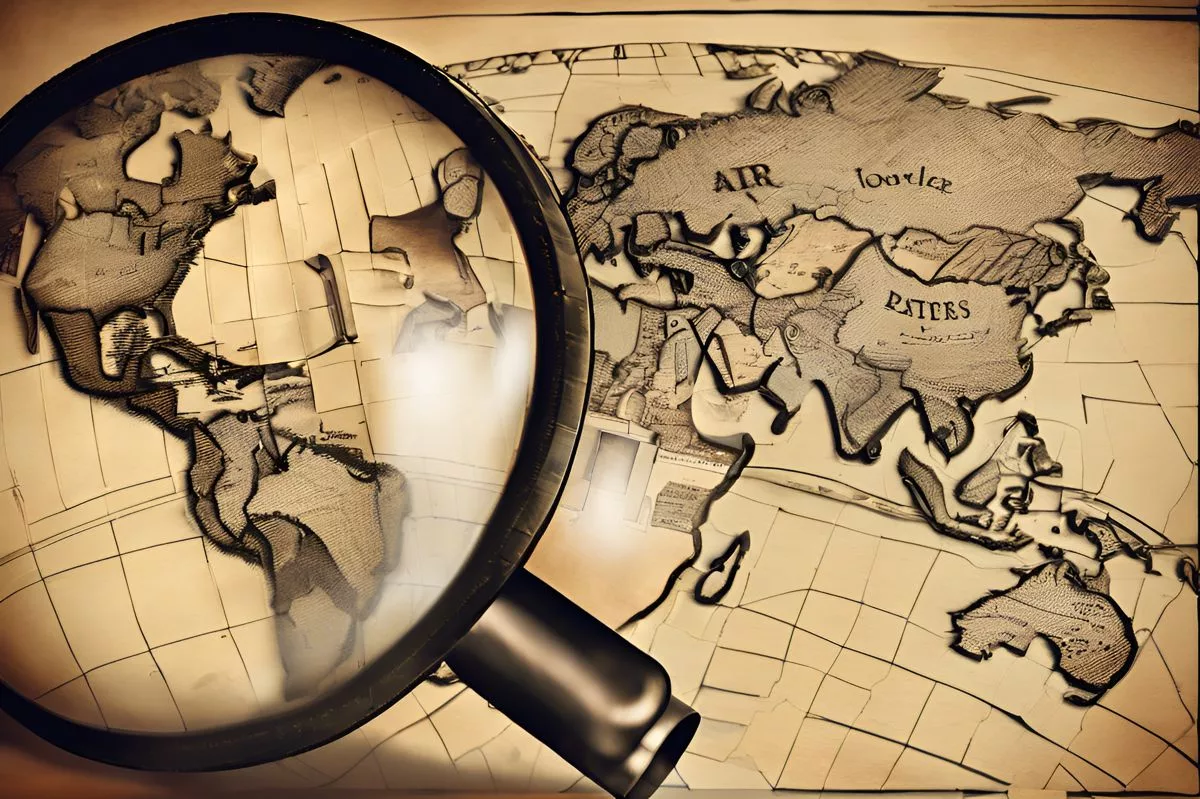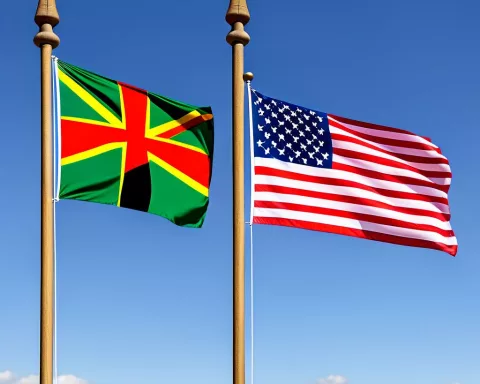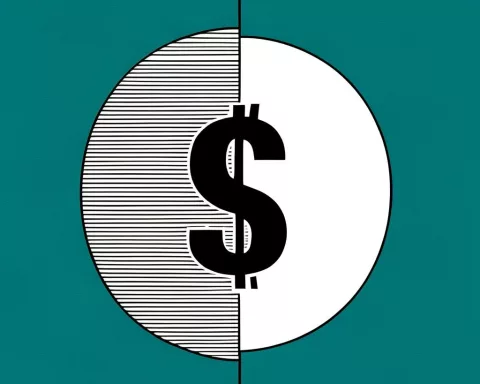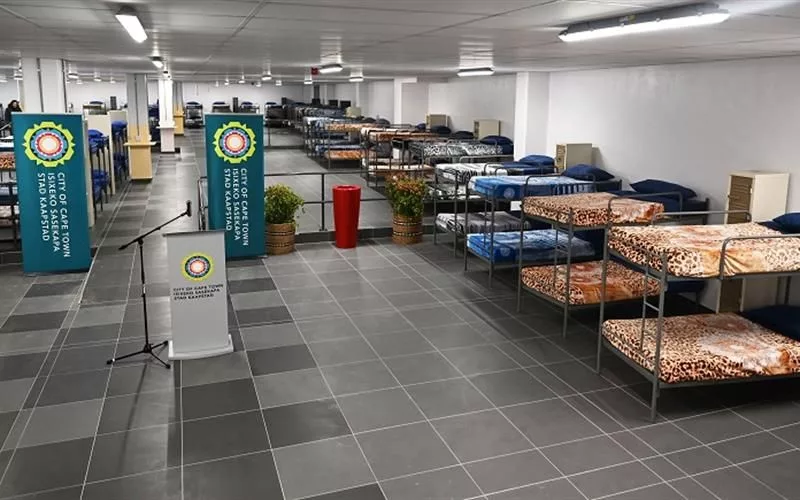South African finance minister, Enoch Godongwana, has joined efforts to advocate for effective taxation of the world’s richest individuals. The G20 Ministerial Declaration on International Tax Cooperation recognizes that wealth disparity is a societal problem and a significant economic issue. G20 countries, including South Africa, are working together to formulate effective taxation strategies for individuals with assets over $30 million to reduce inequality and stimulate economic growth. Domestic reforms, such as South African Revenue Service’s initiatives, will also be implemented to ensure tax compliance among high-wealth individuals and multinational corporations.
South Africa’s finance minister, Enoch Godongwana, has joined global efforts to advocate for effective taxation of the world’s richest. The G20 Ministerial Declaration on International Tax Cooperation emphasizes the importance of progressive taxation to minimize income inequality, stimulate economic growth, and achieve Sustainable Development Goals. This commitment acknowledges wealth disparity as a societal problem and a significant economic issue that can impede growth and intensify societal vulnerabilities. G20 countries are collaborating to formulate effective taxation strategies for individuals with assets surpassing $30 million.
In a period characterized by vast wealth concentration, South Africa’s finance minister, Enoch Godongwana, has fearlessly positioned himself in accord with international peers to advocate for effectual taxation of the world’s richest. This initiative highlights legislators’ increasing determination to tackle income disparity by ensuring the ultra-rich contribute equitably to the tax load.
The G20 Ministerial Declaration on International Tax Cooperation, a decree endorsed by Godongwana and his global colleagues, emphasizes the importance of progressive taxation. The declaration affirms that such a tax system is a vital instrument for reducing inequalities, stimulating economic growth, and achieving Sustainable Development Goals. Fundamentally, this commitment acknowledges wealth disparity as not only a societal problem but also a significant economic issue that can impede growth and intensify societal vulnerabilities.
Implementing progressive tax policies is a formidable challenge for many countries. The ability of ultra-high-net-worth individuals to easily relocate poses a significant obstacle in ensuring their proper taxation. To counter these challenges, G20 countries — which include South Africa, the USA, the UK, the EU, China, and Australia — are vowing to collaborate in formulating effective taxation strategies for individuals with assets surpassing an astounding $30 million.
Towards a Fairer Tax System
The agreement demonstrates a readiness to exchange successful methodologies, stimulate discussions on tax principles, and devise procedures to stop tax evasion, including the abolition of potentially harmful tax practices. Essentially, this represents an endeavor to eliminate potential loopholes and construct a more equitable system that profits both the individual and the community.
Oxfam South Africa has endorsed Godongwana’s position, noting the country’s escalating income inequality, epitomized by a Gini Coefficient of 0.67 — the highest in the world. Recent data illustrating the expanding gulf between the ultra-wealthy and the rest of society, with the collective wealth of South Africa’s billionaires increasing by a third since 2020 while the bottom 99% have grown poorer, underlines the urgency of this issue.
Susana Ruiz, Oxfam International’s Tax Policy Lead, praised the joint effort, branding it a significant global breakthrough. She highlighted that “the wealthiest people are being informed they can’t manipulate the tax system or shirk paying their fair share.” This marks a departure from a traditional trend of governmental tolerance that permitted the ultra-rich to pay little or no taxes.
Domestic Reforms and International Cooperation
On the home front, the South African Revenue Service (SARS) is intensifying its initiatives to ensure tax compliance among high-wealth individuals and multinational corporations. Jashwin Baijoo of Tax Consulting SA emphasized that SARS intends to be a driving force for a more productive and efficient economy by targeting major taxpayers. This strategy could recover billions of rands in lost revenue due to non-compliance among the affluent.
In summary, as the global community contends with the economic ramifications of income inequality, the initiative led by finance ministers, including Godongwana, to secure effective taxation of the ultra-wealthy, signifies a major advancement. It demonstrates a recognition of this urgent problem and the resolve to tackle it through international cooperation and reformative domestic policies. However, the real challenge will lie in the practical application and enforcement of these policies, a test that will undoubtedly necessitate sustained commitment and collaboration.
1. What is the G20 Ministerial Declaration on International Tax Cooperation?
The G20 Ministerial Declaration on International Tax Cooperation is a decree endorsed by finance ministers from the G20 countries, including South Africa, that emphasizes the importance of progressive taxation to minimize income inequality, stimulate economic growth, and achieve Sustainable Development Goals.
2. Why is South African finance minister, Enoch Godongwana, advocating for effective taxation of the world’s richest individuals?
Godongwana, along with his global colleagues, is advocating for effective taxation of the world’s richest individuals to reduce inequality and stimulate economic growth. This initiative highlights legislators’ increasing determination to tackle income disparity by ensuring the ultra-rich contribute equitably to the tax load.
3. What are G20 countries doing to formulate effective taxation strategies for individuals with assets over $30 million?
G20 countries, including South Africa, are collaborating to formulate effective taxation strategies for individuals with assets over $30 million. This commitment acknowledges wealth disparity as a societal problem and a significant economic issue that can impede growth and intensify societal vulnerabilities.
4. What are the challenges in implementing progressive tax policies?
The ability of ultra-high-net-worth individuals to easily relocate poses a significant obstacle in ensuring their proper taxation. To counter these challenges, G20 countries are vowing to collaborate in formulating effective taxation strategies for individuals with assets surpassing $30 million.
5. What domestic reforms is South Africa implementing to ensure tax compliance among high-wealth individuals and multinational corporations?
The South African Revenue Service (SARS) is intensifying its initiatives to ensure tax compliance among high-wealth individuals and multinational corporations. This strategy could recover billions of rands in lost revenue due to non-compliance among the affluent.
6. What is Oxfam’s position on Godongwana’s advocacy for effective taxation of the ultra-wealthy?
Oxfam South Africa has endorsed Godongwana’s position, noting the country’s escalating income inequality, epitomized by a Gini Coefficient of 0.67 — the highest in the world. Susana Ruiz, Oxfam International’s Tax Policy Lead, praised the joint effort, branding it a significant global breakthrough. She highlighted that “the wealthiest people are being informed they can’t manipulate the tax system or shirk paying their fair share.”












